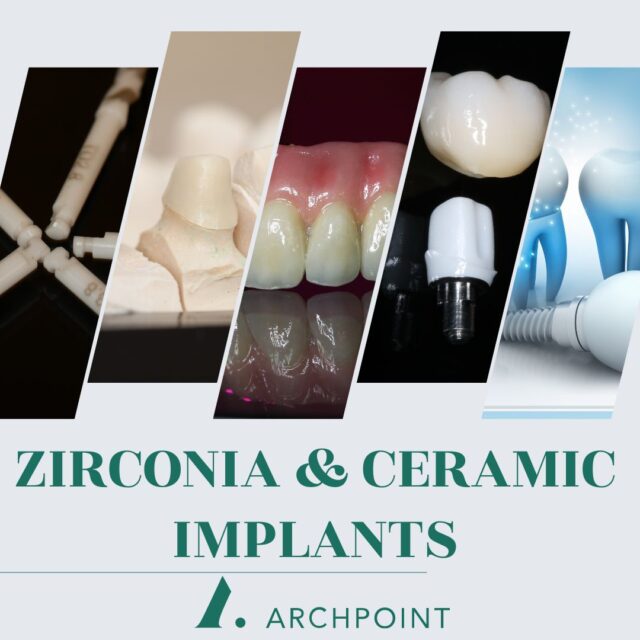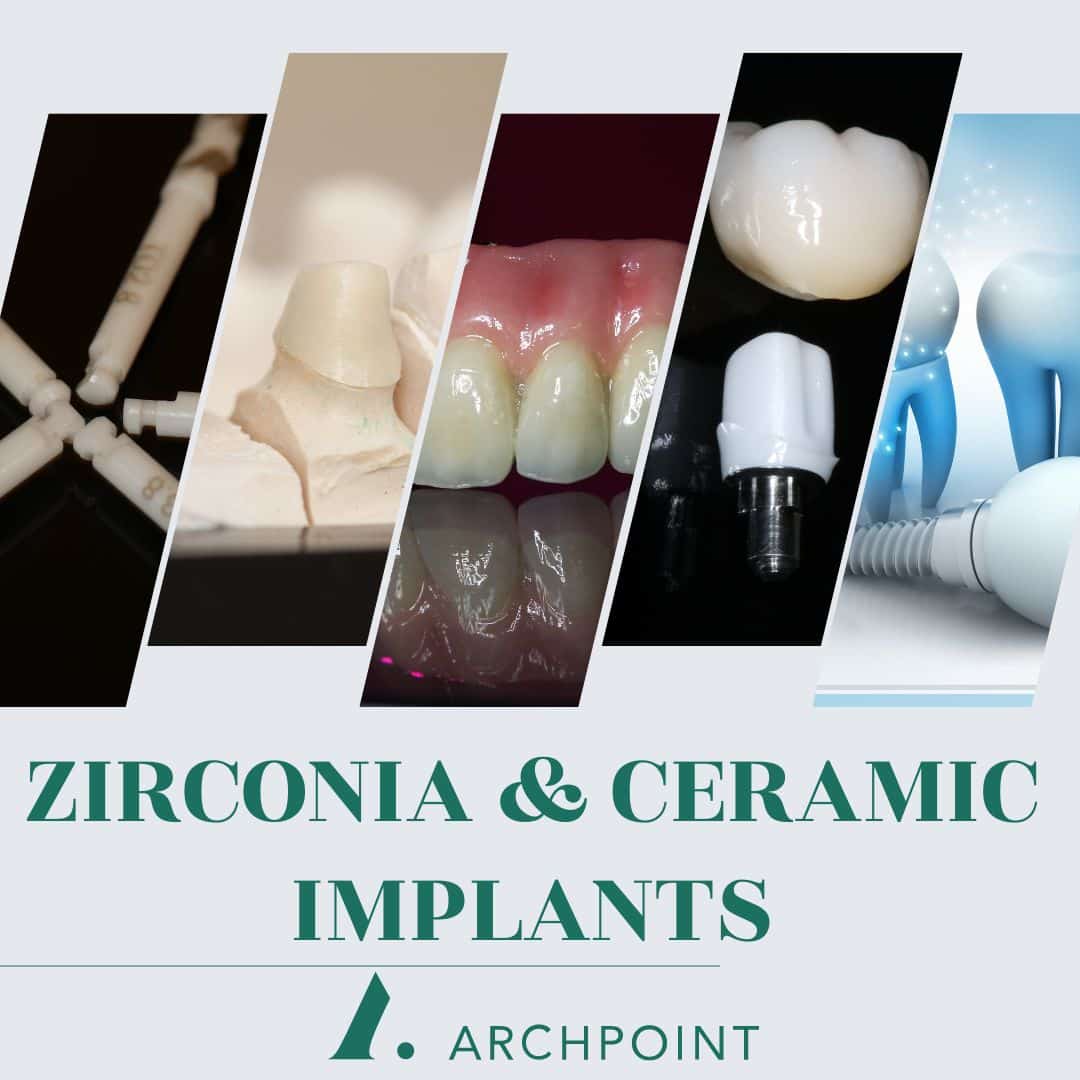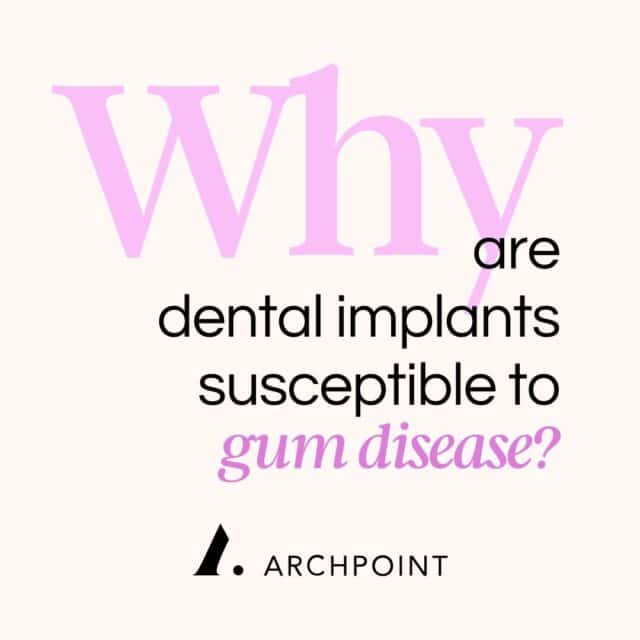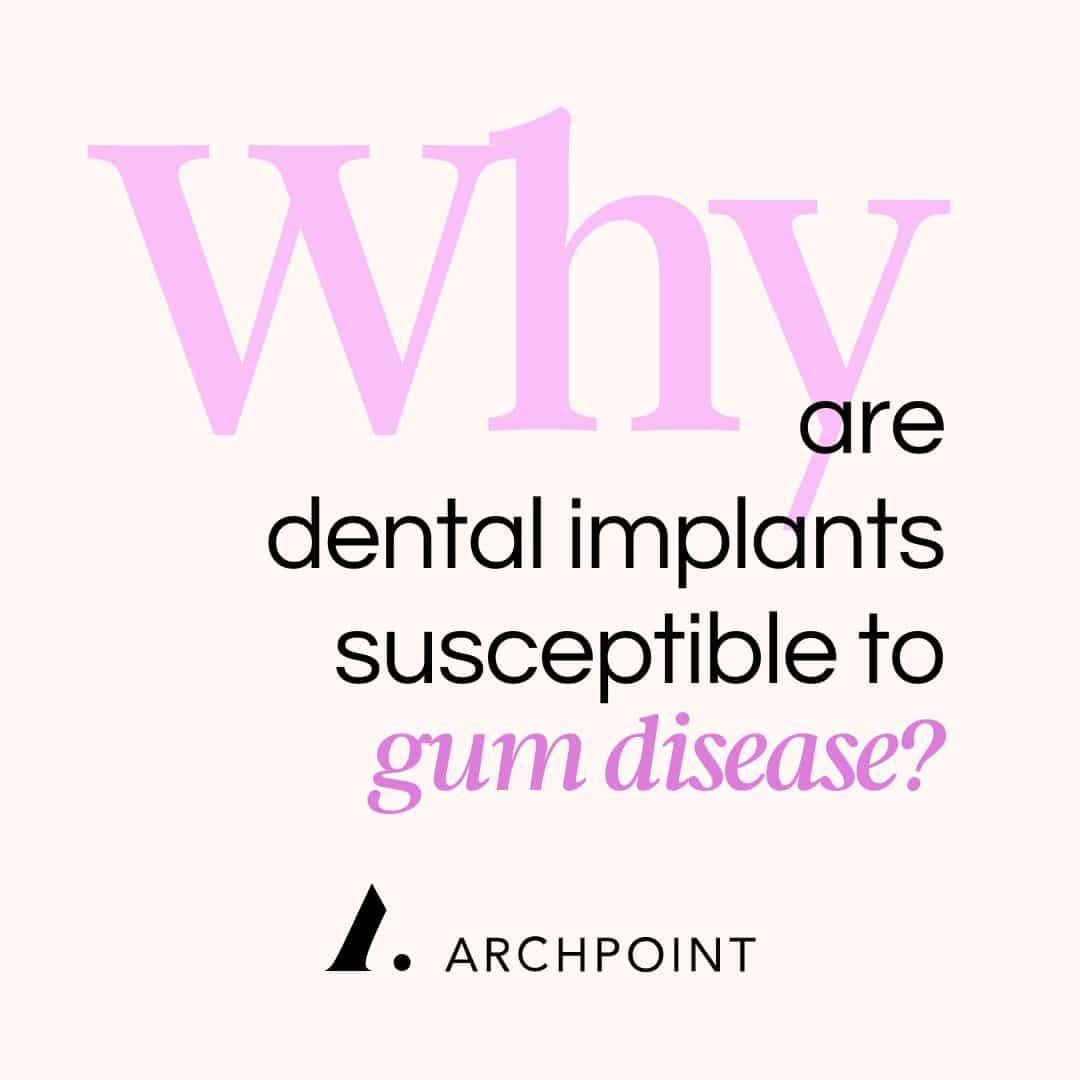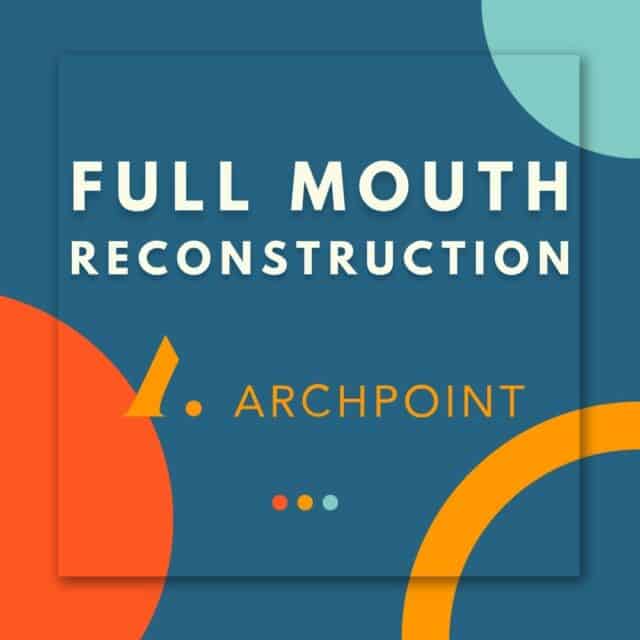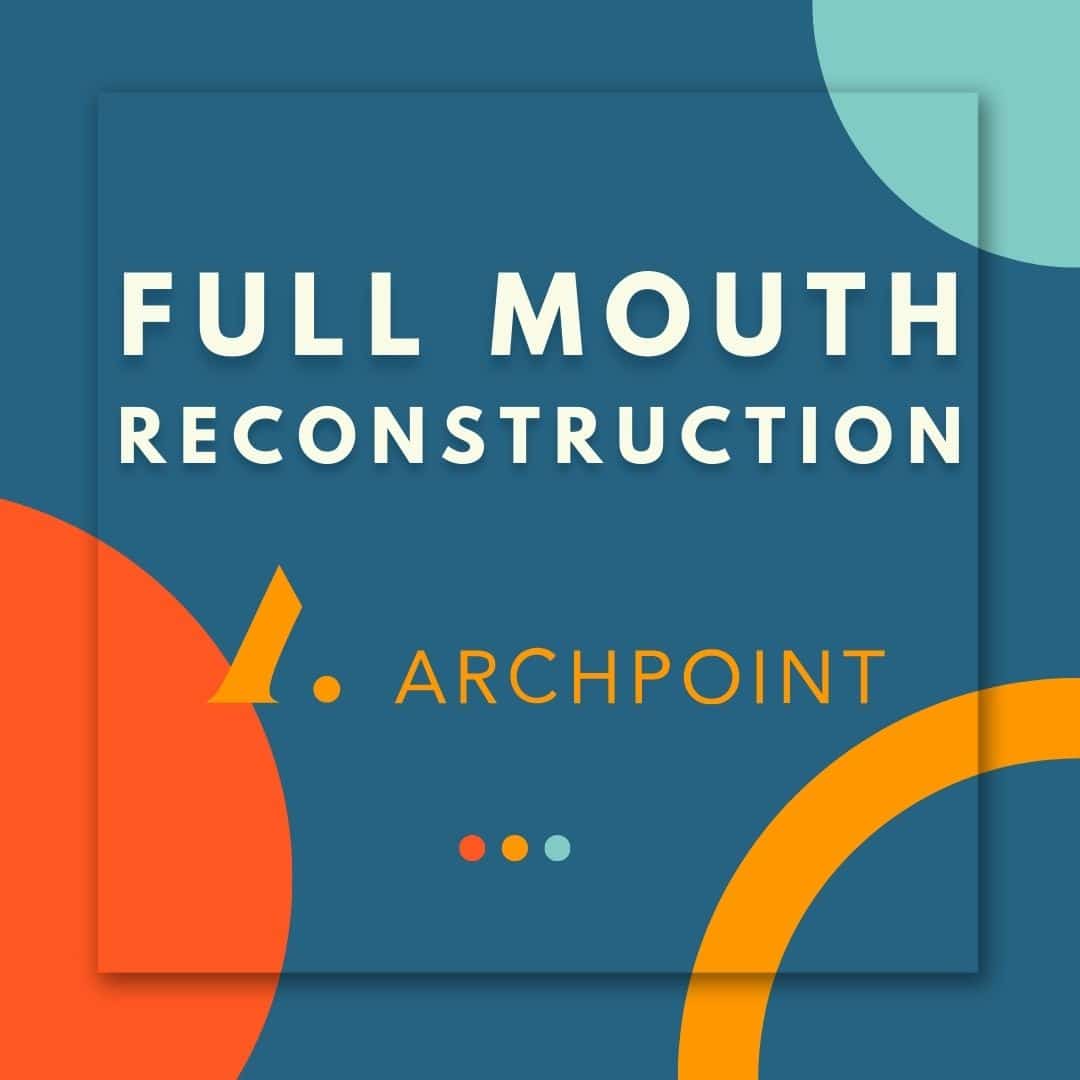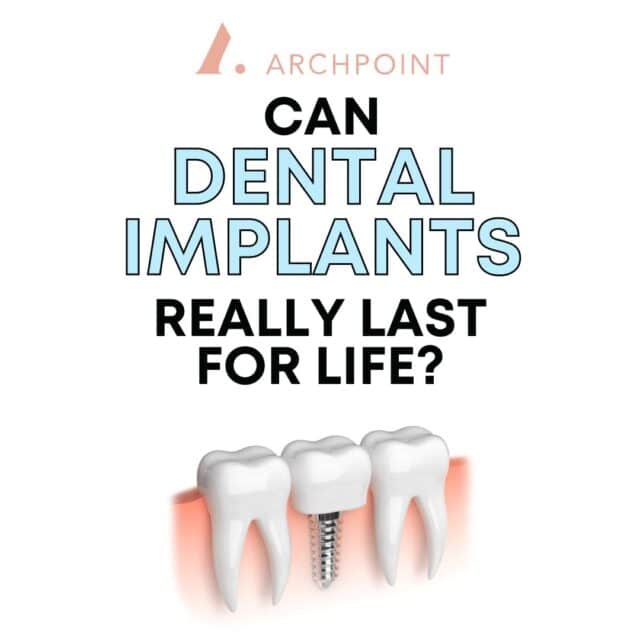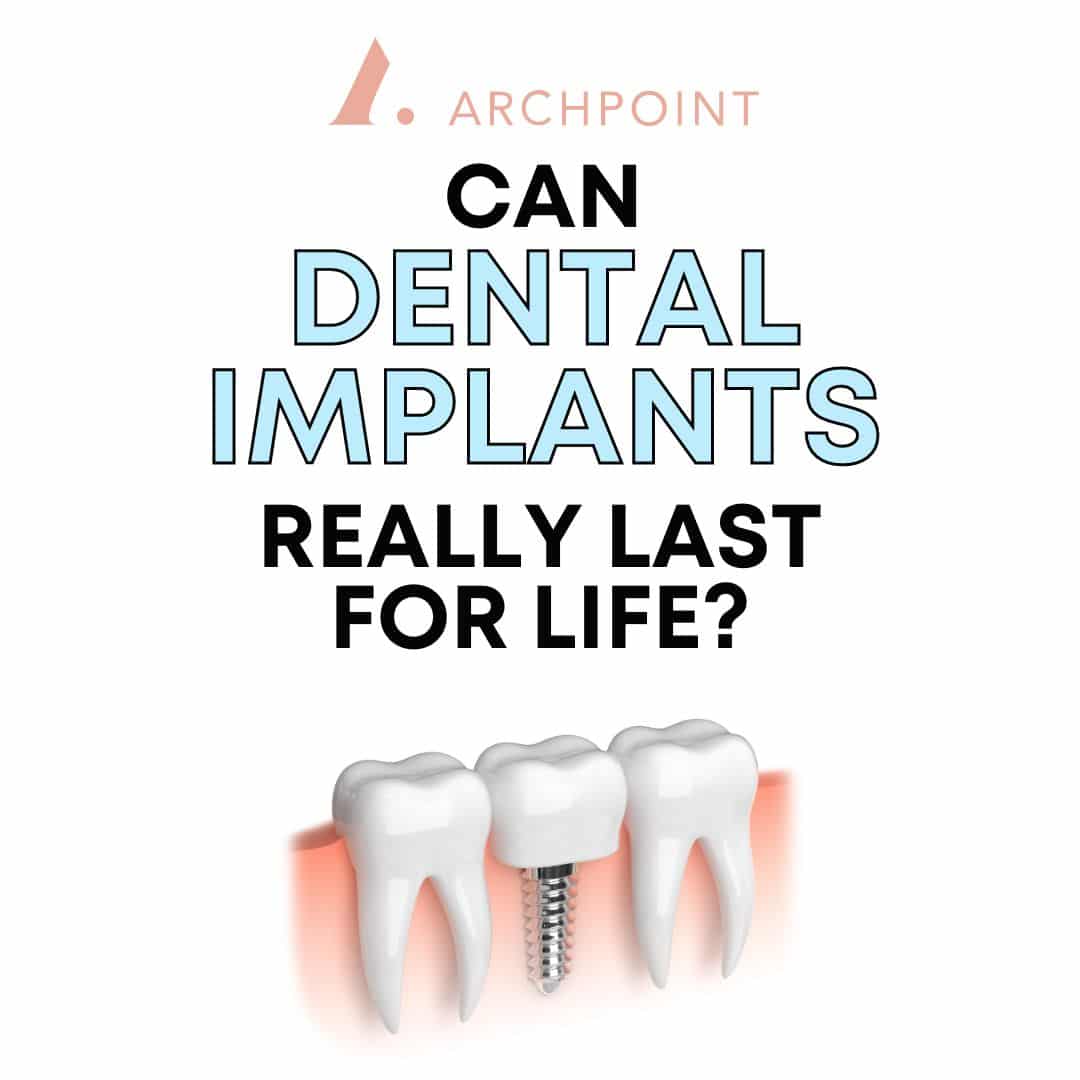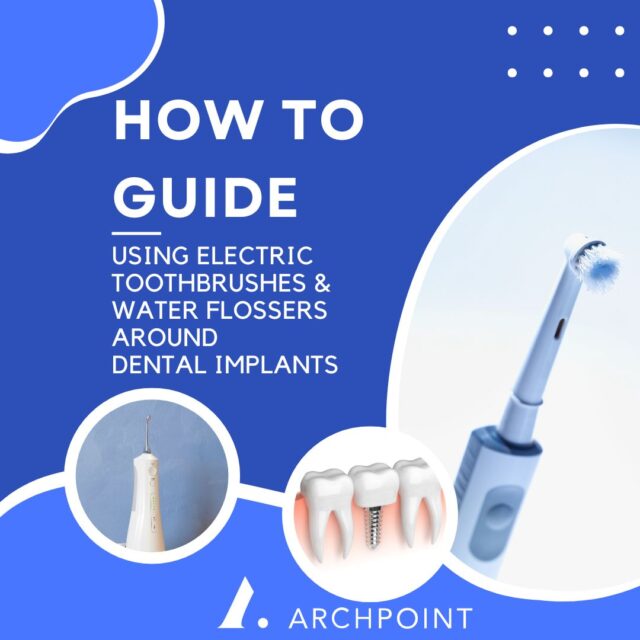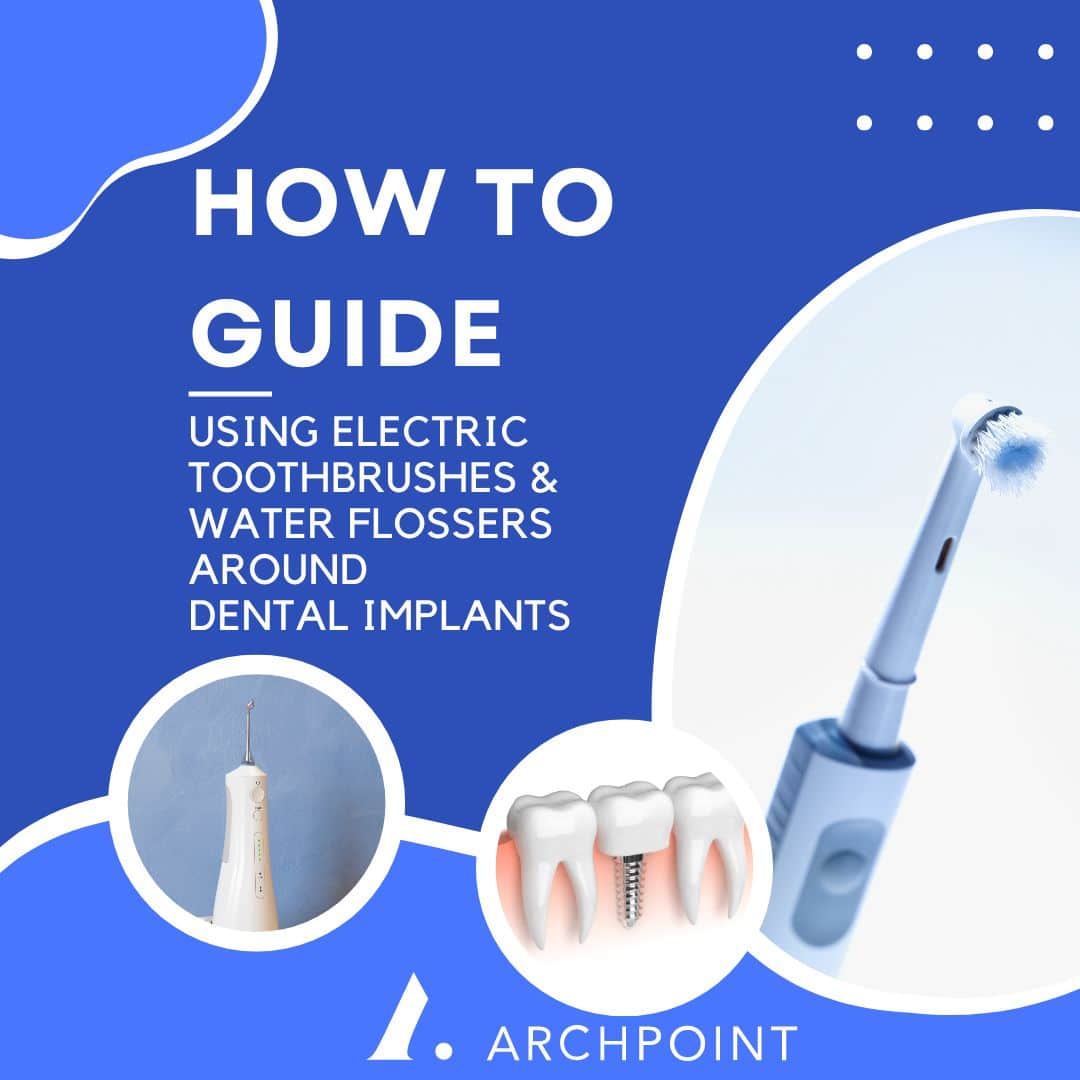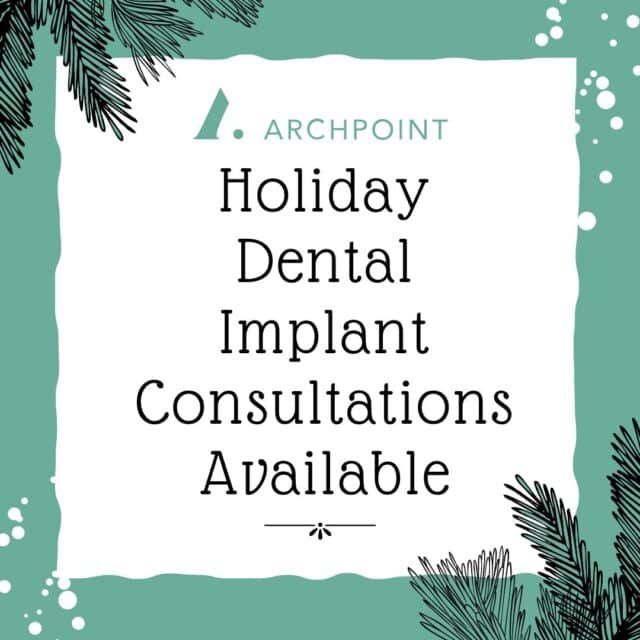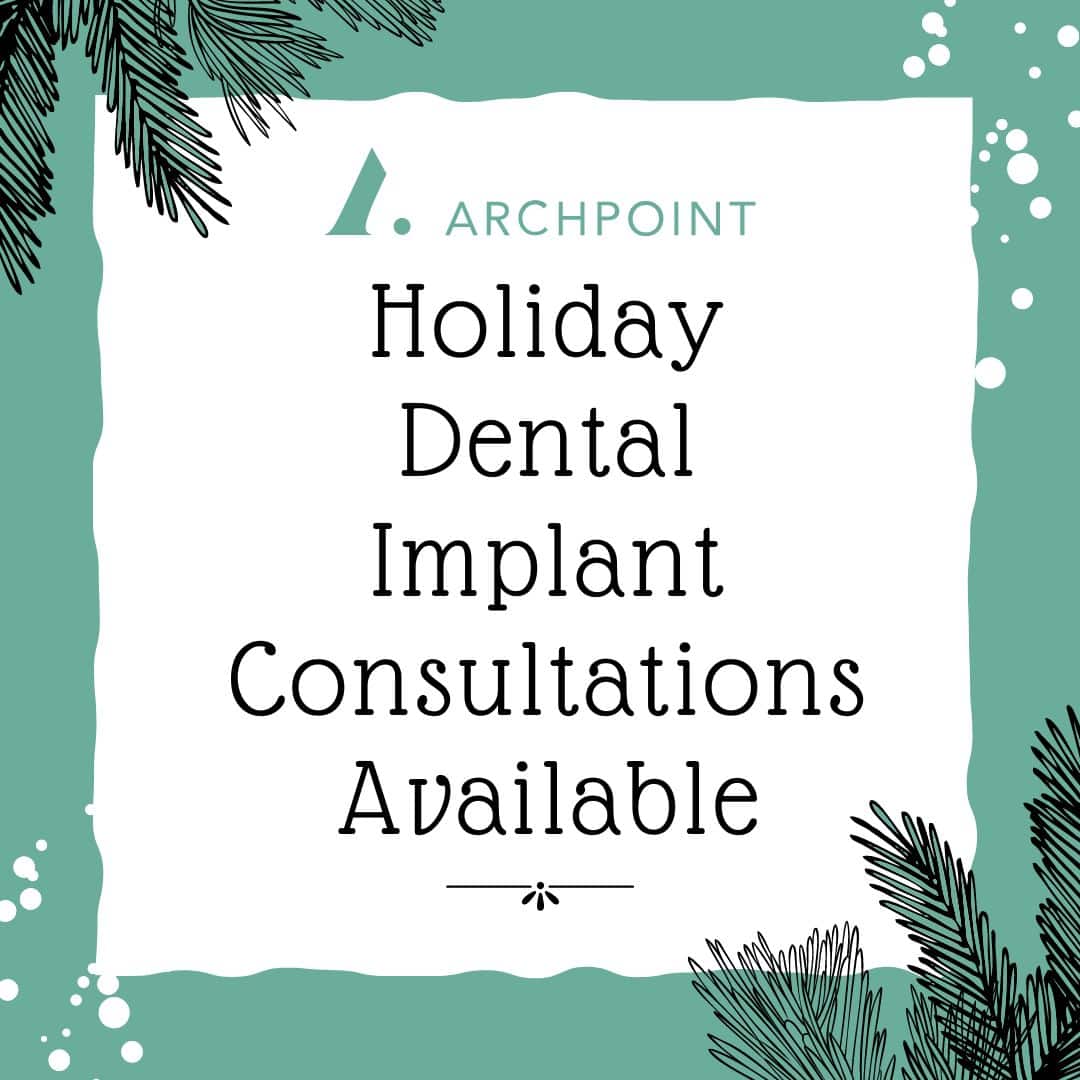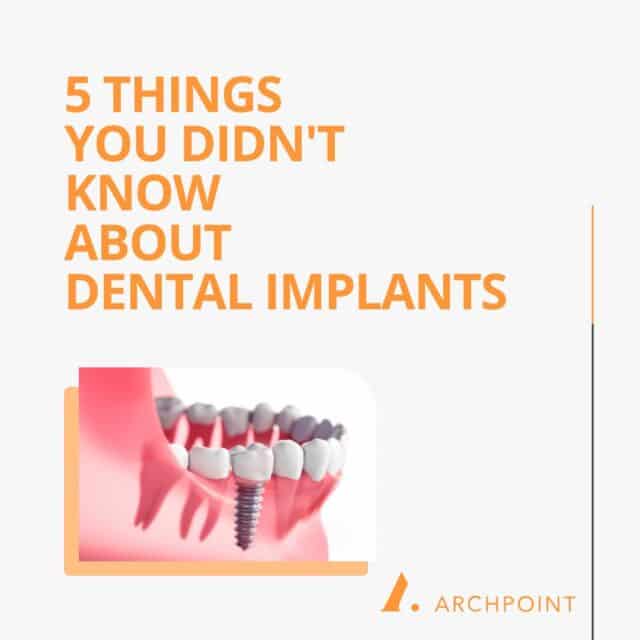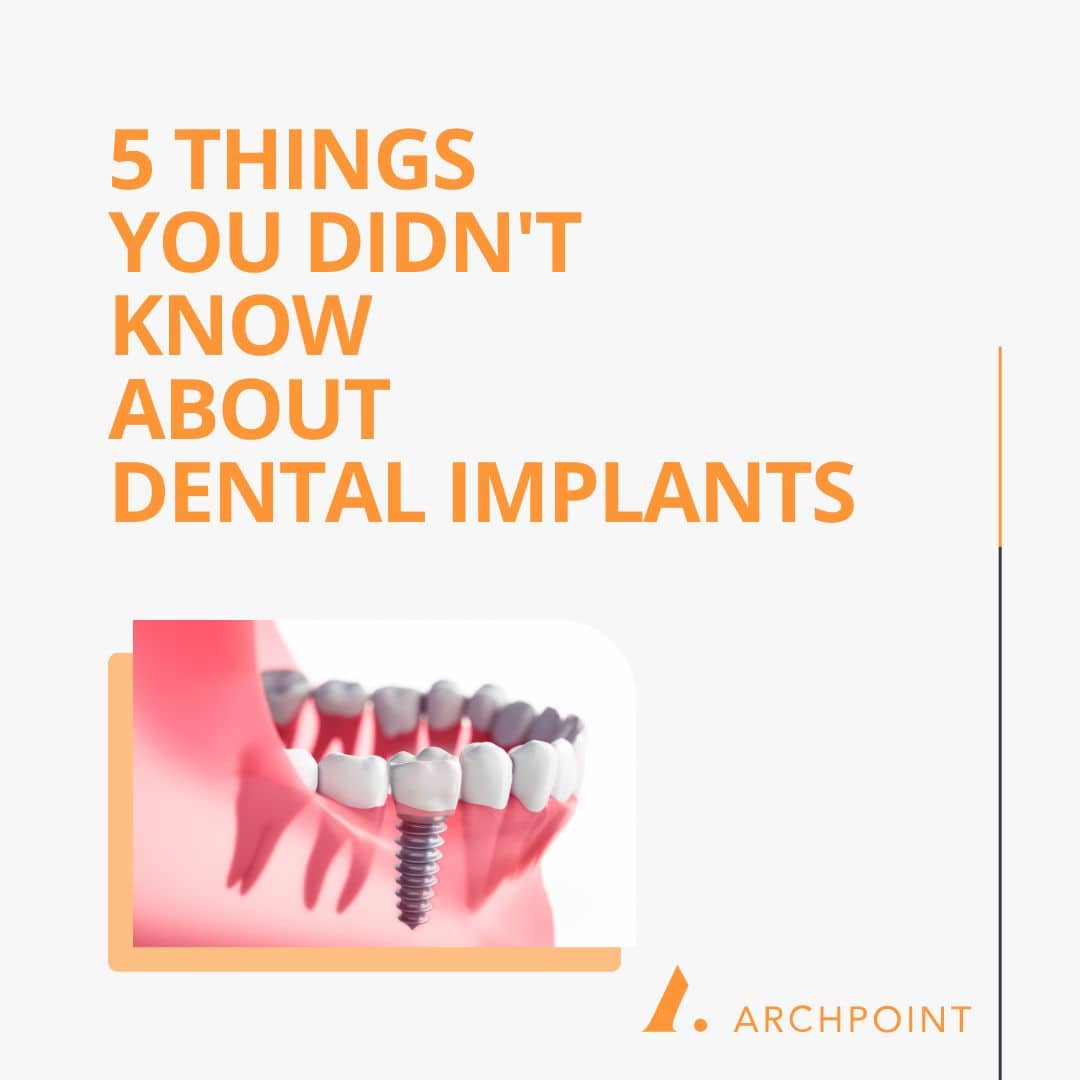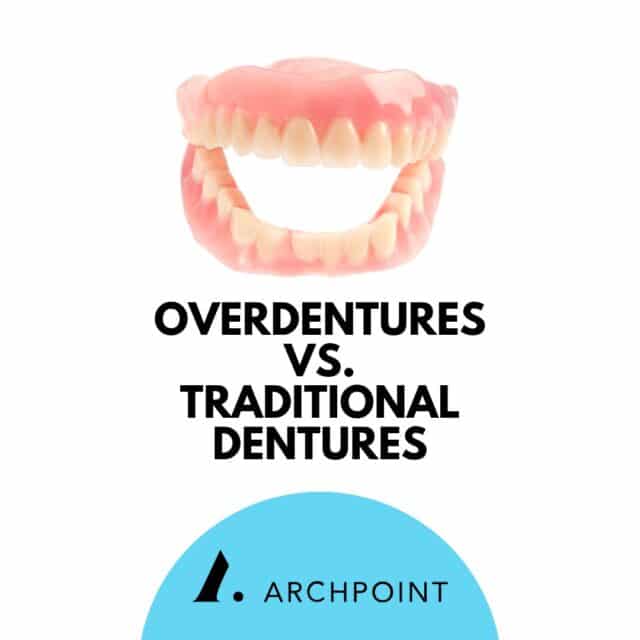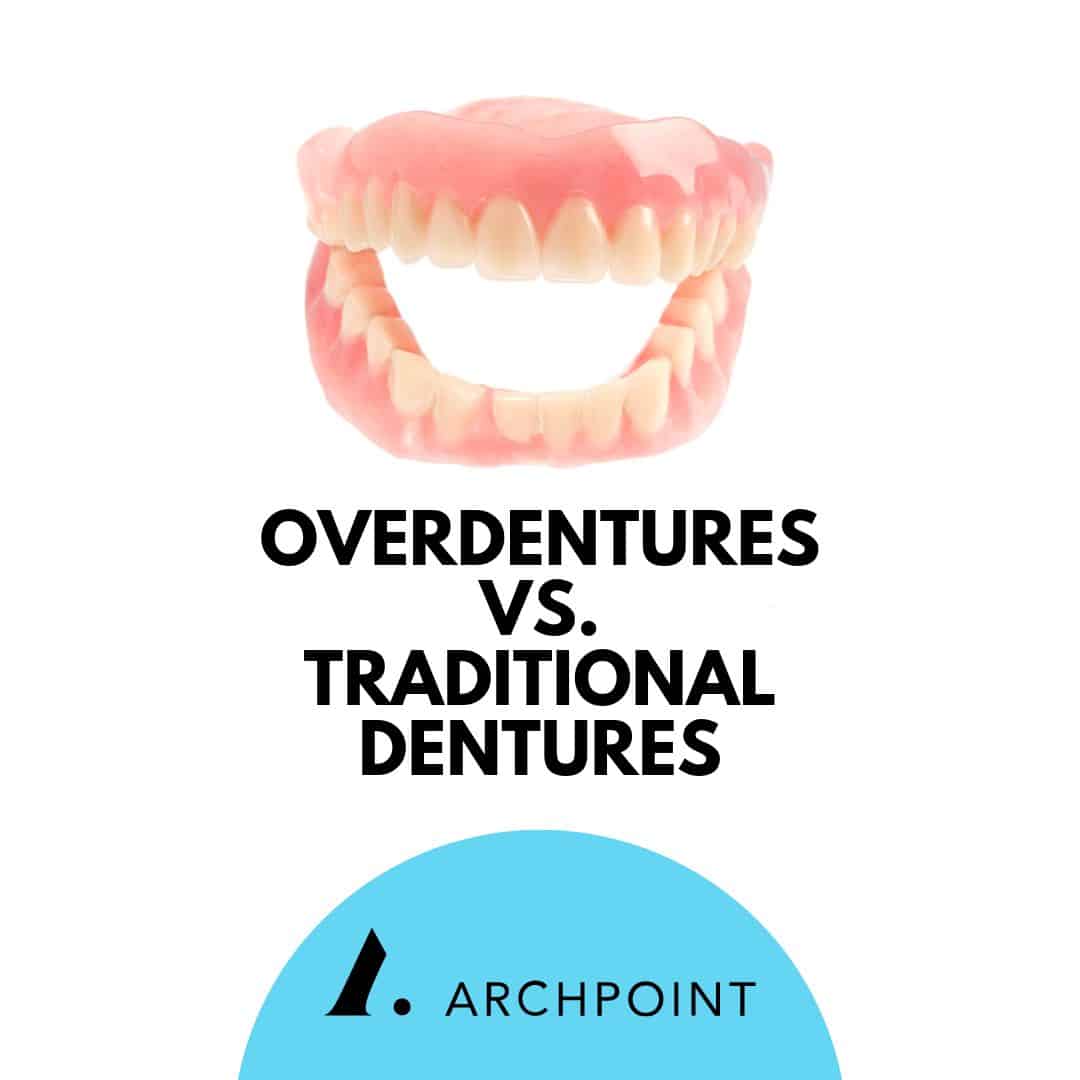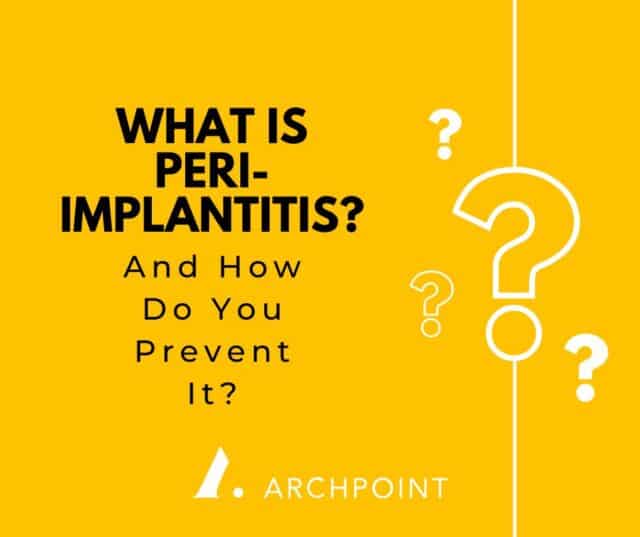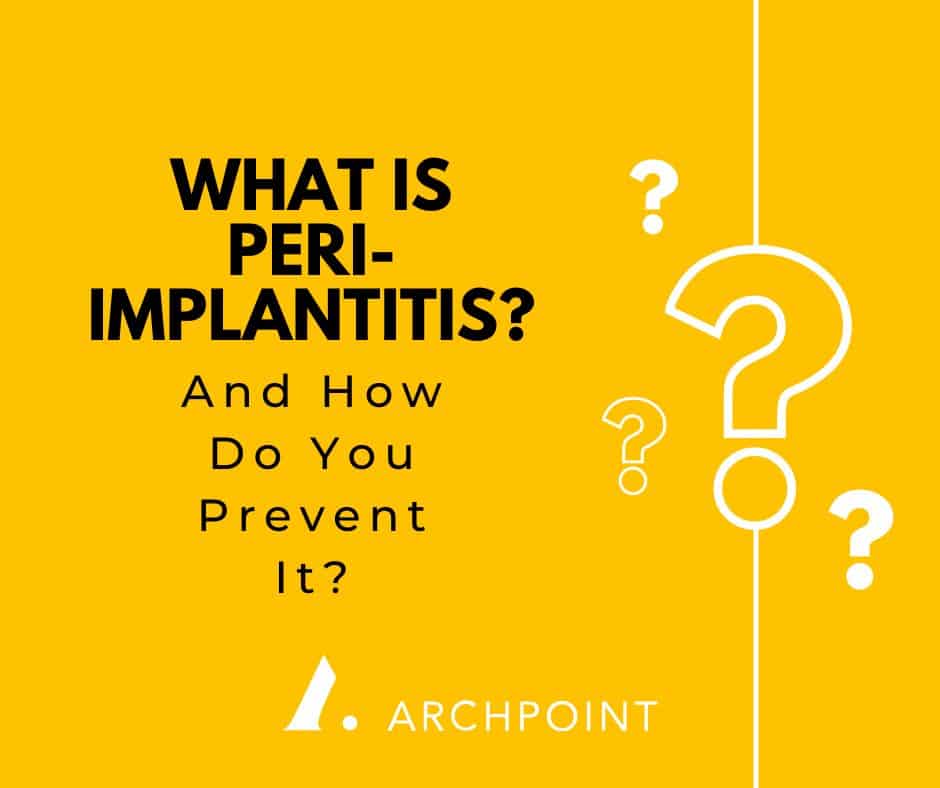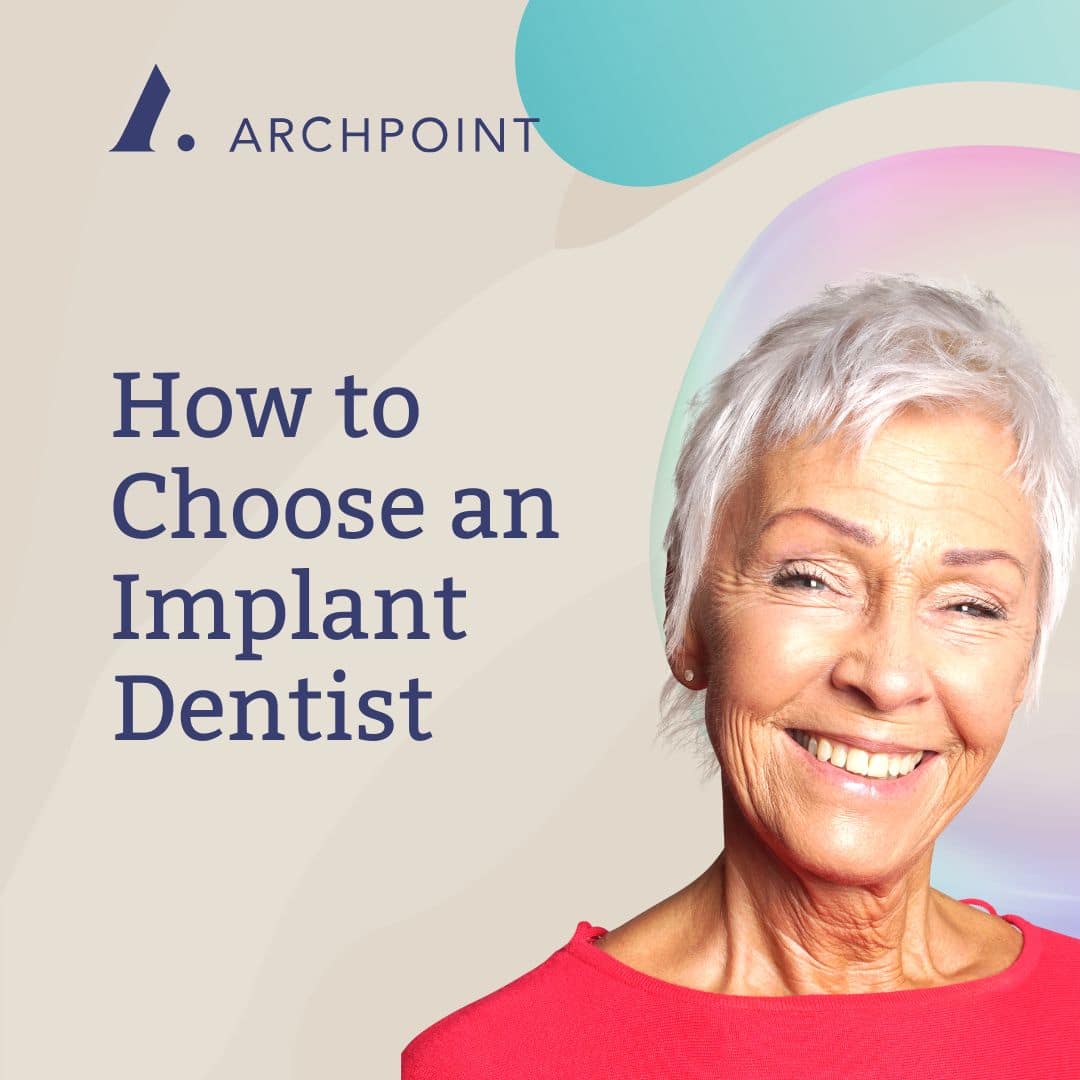
When it comes to choosing an implant dentist or specialist, it’s important to do your research. That way, you can ensure you receive the best care possible. Not all DFW implant dentists are alike or offer the same types of treatment.
Here are some key points to consider when making your decision:
Choosing an Implant Specialist:
Look for a dental specialist who is specifically trained and experienced in implant dentistry. Such as a periodontist, prosthodontist, or oral surgeon. An implant specialist has the knowledge and skills to provide a wider range of implant options to achieve the best possible outcome for your individual needs.
As a team of dental implant specialists, the providers at ARCHPOINT Implant Dentistry have undergone extensive training and years of experience in implant dentistry. This specialized training and experience allow us to provide a wider range of implant options and to achieve the best possible outcome for each individual. Our implant specialists have a deep understanding of implant technology, materials, and techniques, staying up to date with the latest advances in the field and providing the highest level of care and precision possible.
In addition to their specialized training and experience, implant specialists have access to the latest technology and resources, which enables them to provide the most effective and efficient treatment available. For example, ARCHPOINT Implant Dentistry uses advanced technology such as 3D imaging and planning software to ensure precise placement and optimal results. We also have access to a wider range of implant designs, such as zygomatic and zirconia implants, allowing us to find the perfect solution for each individual patient.
Why Dental Specialists Can Provide a Wider Range of Implants:
Dental implant specialists have a deeper understanding of implant technology, materials, and techniques, which allows them to provide a wider range of implant options. Especially in situations where you have bone loss, extensive tooth loss, or a history of gum disease. Those scenarios often require adjunctive therapies that extend beyond a straightforward dental implant installation.
Perhaps most importantly, a dental implant specialist can provide the right type of treatment for the patient’s situation and health status. They have the expertise to assess a patient’s unique needs and background and to recommend the best implant solution for their smile’s circumstances. With a focus on individualized care, an implant specialist can help ensure a positive outcome and help each patient achieve a beautiful, healthy smile.
Does the Dentist Offer the Type of Implants You Want?
Plan to research the different types of implants available and make sure the dentist you choose offers the type you want. Some dentists may only offer one type of implant, while others may have a wider range. Others boast “same day” or “teeth in a day” options without talking about the type of system it actually involves.
There are several common types of dental implants in DFW, such as individual implants, implant-supported bridges, snap-on dentures, zygomatic implants, ceramic designs, mini implants, and All-on-4 systems. Each type has its own advantages and is designed to meet the specific needs of different patients.
For instance, individual implants are designed to replace a single missing tooth, providing a natural-looking and long-lasting solution. Implant-supported bridges are used to replace multiple missing teeth, providing a more stable and permanent solution compared to traditional bridges (without having to extract the other healthy teeth.) Snap-on dentures are designed to provide a secure and stable fit for denture wearers, while All-on-4 implants are designed to provide full-arch restoration for patients that don’t come out at night.
It’s important to choose a provider who offers a variety of implant options because each type of implant is designed to meet the specific needs of different patients. A provider who only offers one or two types of implants may not be able to provide the best solution for your individual needs. By offering a range of implant options, a specialist can help you choose the best solution for your unique situation, ensuring the best possible outcome and a beautiful, healthy smile.
Read Online Reviews and Testimonials:
Although most online reviews should always be taken with a grain of salt, you’ll definitely want to read testimonials from past dental implant patients to get an idea of the quality of care and customer service offered by their dentist. This can provide valuable insight into the experiences of others and help you make an informed decision as you narrow down your choice of providers.
Review Their Financing Options:
Consider the cost of the implant and make sure the dentist you choose offers financing options that work for your budget. This can make the process of getting an implant more accessible and affordable.
Paying for dental implants can be a concern for many patients. Fortunately, several options are available to help make the cost of treatment more manageable. For example, some insurance plans provide coverage for dental implants, and many providers, including ARCHPOINT Implant Dentistry, offer financing options to help make treatment more affordable.
Dental insurance policies vary, and it’s important to understand what your policy covers before undergoing treatment.
If your insurance policy doesn’t provide the coverage you need, there are alternative financing options available. ARCHPOINT Implant Dentistry offers affordable payment plans as well as third-party financing options through trusted lenders. These financing options can help you spread the cost of treatment over several months, making it easier to budget for your dental care.
Schedule a No-Obligation Consultation:
Schedule a no-obligation consultation with an implant dentist to get to know them better and to discuss your individual needs and goals. This will give you an opportunity to ask questions and determine if the dentist is the right fit for you.
Call ARCHPOINT Today
ARCHPOINT Implant Dentistry is conveniently located in both Dallas and Fort Worth. Our specialty clinics have on-staff implant experts specializing in advanced dental implant therapies. With advanced training and experience, we’re committed to providing high-quality care and helping our patients achieve the best possible outcome from their smile reconstruction.
Call ARCHPOINT Implant Dentistry today to reserve your first visit.

